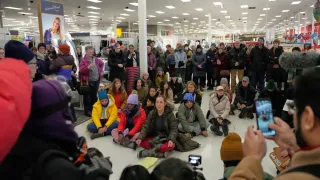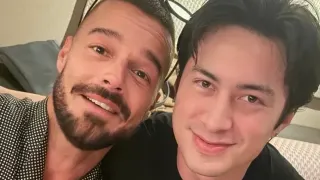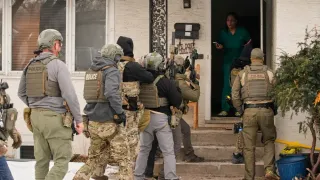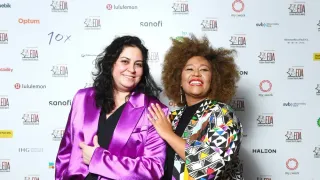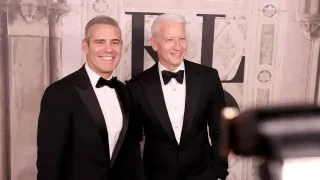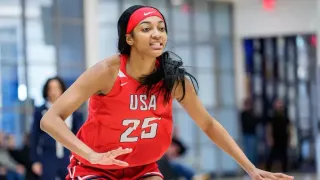September 1, 2020
German Health Minister Spat On and Jeered by Anti-Maskers
Kevin Schattenkirk READ TIME: 1 MIN.
Germany's openly gay Health Minister, Jens Spahn, was accosted by homophobic slurs and spat on while addressing a crowd of anti-maskers on Saturday, Reuters reports.
While chancellor Angela Merkel has enjoyed a higher level of public trust, Spahn has become the public face for COVID-19 prevention and, thus, a target for far-right protesters. As Spahn left the Bergisch-Gladbach building and attempted to speak to the crowd, he was met with the jeers "disgrace!" and "gay pig!"
Economy Minister Peter Altmaier tweeted, "Anyone who spits at and molests democratically elected politicians infringes the German constitution and makes an outsider of themselves."
Spahn insists that dialogue must happen in order to overcome COVID-19. "But it only works if both sides are willing to listen. When people shout, spit and insult each other, it just doesn't work."
